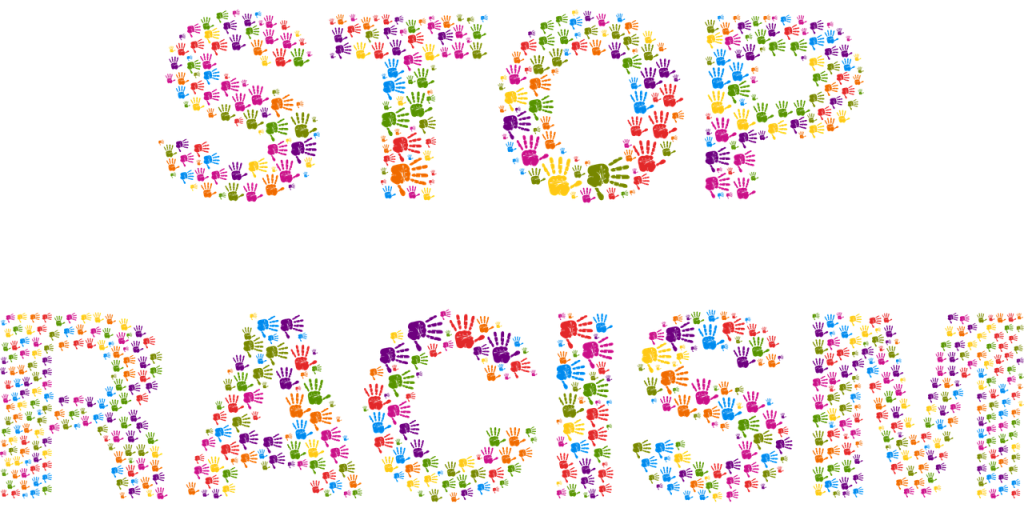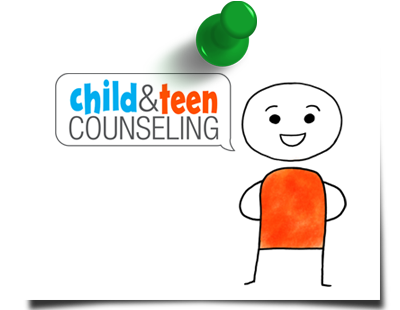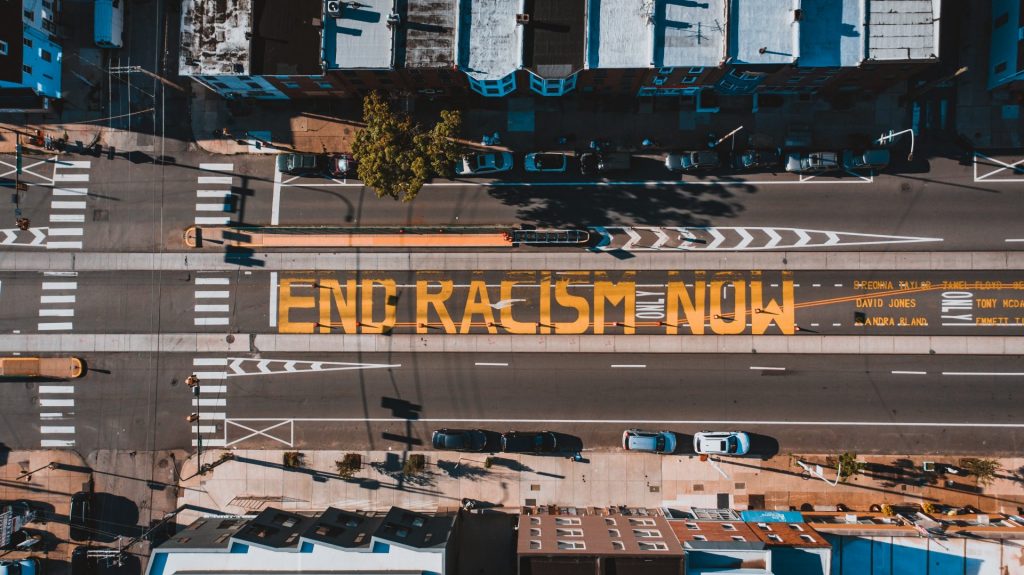Talking To Our Kids About Racism
Considering the current political and social conversations that many of us are having, we can’t ignore the state of our country and I hope these few short words help.
It’s important to begin educating and taking time to talk to our children from a very young age about differences in skin color. According to Jacqueline Douge, MD, racial bias can be internalized between the ages of 2-4. It might be a fun conversation to talk about the variety and beauty in the wide range of skin tones, languages, and cultures, across our nation.

With older children, speak to them as honestly and openly as possible – as you may see fit for your child. They will be hearing a lot from friends, their friend’s families, and the media. You can talk about the unfairness of how black people have been treated throughout history. Teach them about black heroes of our country – from past to present, or search the 44 most influential black Americans in history https://theundefeated.com/features/the-undefeated-44-most-influential-black-americans-in-history/#introduction. Erin Dower suggests some of theserecommended children’s books: Henry’s Freedom Box: A True Story from the Underground Railroad byEllen Levine; This Jazz Man by Karen Ehrhardt; Whoever You Are by Mem Fox; The Other Side by Jacqueline Woodson; Martin’s Big Words: The Life of Dr. Martin Luther King Jr. by Doreen Rappaport; Teammates by Peter Golenbock (for the baseball lover).
Keeping an open dialogue is important, no matter what age your child is. I know. I have a 19 and 20 year old at home due to COVID-19, and we have had some very serious and heated conversations about our history, our friends, what we are being taught (or not taught) in school, and the unfairness of racism in our county.
Action you can take right now is simply talking about it, educating yourself and your family and engaging in uncomfortable moments is the process of change.
As a White Woman, I will never fully understand the struggles of Black Americans, but I can, and will, be an ally. Bottom line, the conversation about race needs to begin early and continue to grow and develop; you will be doing yourself, your kids, and our society an enormous service by doing so.

